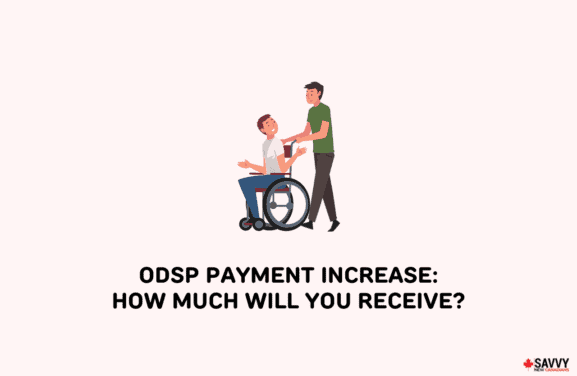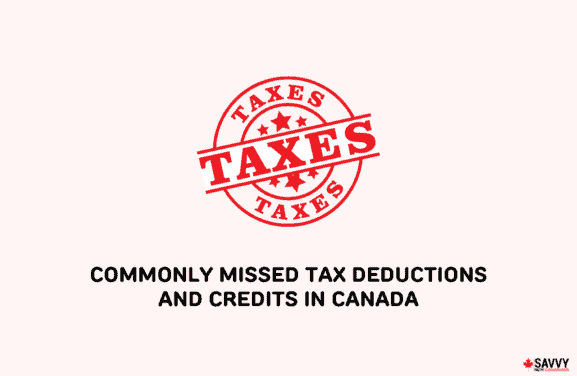The end of the year is always a busy one for family gatherings, holiday shopping, travelling, and more.
With all the merriment in the air this holiday season, don’t forget to review your finances and plan for the year ahead.
Below are 7 financial checklists you can use to put your financial house in order before the New Year.
1. Conduct a General Financial Audit
Take a quick look at your finances for the year. Were you able to meet your goals? Did your monthly budget work out? How about your debt repayment plans?
Use this opportunity to review your:
- Emergency fund: Do you have enough cash to cover your expenses for 3-6 months?
- Insurance coverage: Are you adequately protected against unforeseen and potentially disastrous life events?
- Estate planning: Do you have an updated will? Create a Will online for cheap.
- Debt: Are you on track with paying off your debts? How much high-interest debt are you carrying?
- Net worth: Calculate your net worth. Are you on track to meet your long-term goals?
2. Contribute to your TFSA
A Tax-Free Savings Account (TFSA) is a great tool for saving and investing for both short and long-term goals.
For 2024, the annual TFSA limit is $7,000, which does not include the contribution room you may have carried forward from previous years. The limit was $6,500 in 2023.
It’s not too late to contribute to your TFSA and take advantage of the tax-free growth realized in your savings account or investment portfolios.
If you want to make a TFSA withdrawal soon, consider making it before the end of the year. This way, you can re-contribute the amount from day 1 of the New Year.
Here’s a Wealthsimple TFSA case study that shows how a TFSA can help your retirement savings.
3. Maximize your RRSP Contributions
For 2023, you could contribute 18% of your earned income (up to a maximum of $30,780) to a Registered Retirement Savings Plan. If you have not used up your eligible RRSP limits in previous years, your contribution room would be higher.
Consider contributing to your RRSP account within the first 60 days of 2024 to claim the tax deduction on your 2023 tax return if you have unused room.
For 2024, the maximum RRSP dollar limit is $31,560.
In addition to helping you save for retirement in the future, an RRSP contribution also lowers your taxes for today. Your lower taxable income (due to RRSP deductions) can increase your Canada Child Benefit if you have kids.
If your employer offers an RRSP contribution match, make sure to contribute the maximum to avoid leaving free money on the table.
Take note of some of these popular RRSP mistakes so you do not get penalized.

4. Make RESP Contributions
A Registered Education Savings Plan (RESP) helps you save for your kid’s post-secondary education.
Each year you contribute to the account, the government matches your contributions at a rate of 20 cents per $1 contributed up to a maximum of $500 per year.
This government contribution is referred to as the Canada Education Savings Grant.
RESP funds grow tax-free and are taxed in the hands of your kids when they start making a withdrawal. This usually occurs at a much lower tax rate, or it can remain tax-free depending on their income.
5. Audit Your Investment Portfolio
It’s very easy to forget about your investments and simply hope that all will be well.
If you are a self-directed investor, the year-end is a good time to think about rebalancing your portfolio, consider tax-loss harvesting, and ensure that your investments are in line with your risk tolerance and investment objectives.
If you are using the services of a robo-advisor, your portfolio is automatically rebalanced when required.
When there are changes in your financial circumstances, chat with one of their financial advisors to ensure your asset allocation continues to correlate with the level of risk you are comfortable with assuming.
Set up preauthorized contributions to your investment accounts so you don’t forget to pay yourself first.
6. Prepare for Tax Season
Prepare for the coming tax season.
Unless you are self-employed, you must file your 2023 income tax return by the end of April 2024. Self-employed individuals generally get an extension until the middle of June.
Start gathering the documentation you need at tax time to ensure you don’t miss out on important tax deductions and credits.
7. Plan for the Future
Maybe you had some shortcomings this year. You can avoid the same problems in the coming year by planning well ahead.
Take a look at your budget to determine if you need to tweak it to accommodate your new financial goals. Do the same for your insurance and estate plan.
Do you need to increase your income? Formulate a plan to make extra money at your current employment or find other means.
Boost your savings by participating in a no-spending challenge, de-cluttering, and sticking to your budget.
If you are nearing retirement, this is also a good time to review your retirement savings to determine whether you are saving enough. Start looking at various options for generating retirement income from your registered and non-registered investment accounts.
Related Posts
- Best TFSA Investments for Canadians
- Best Free Tax Return Software
- Passive Income Ideas To Make Money
- Best TFSA Savings Accounts in Canada
- Financial Checklist for Canadians
Conclusion
As the year comes to a close, a financial review can help you quantify your progress and identify areas where improvements are required.
It also helps you to develop a financial plan for the future. As Benjamin Franklin once quipped:
By failing to prepare, you are preparing to fail.
May the next year be your best yet!




Hello Enoch,
Many thanks for this reminder and Happy new year to you too.
Could you please refer me to your writings on estate planning.
Best regards
@Uyi: You are welcome. I haven’t written much about estate planning, but do have some planned for the New Year. Stay tuned!
Here’s a pre-retirement checklist I have written previously that covers this a bit:
https://www.savvynewcanadians.com/financial-steps-to-take-before-you-retire-pre-retirement-checklist/